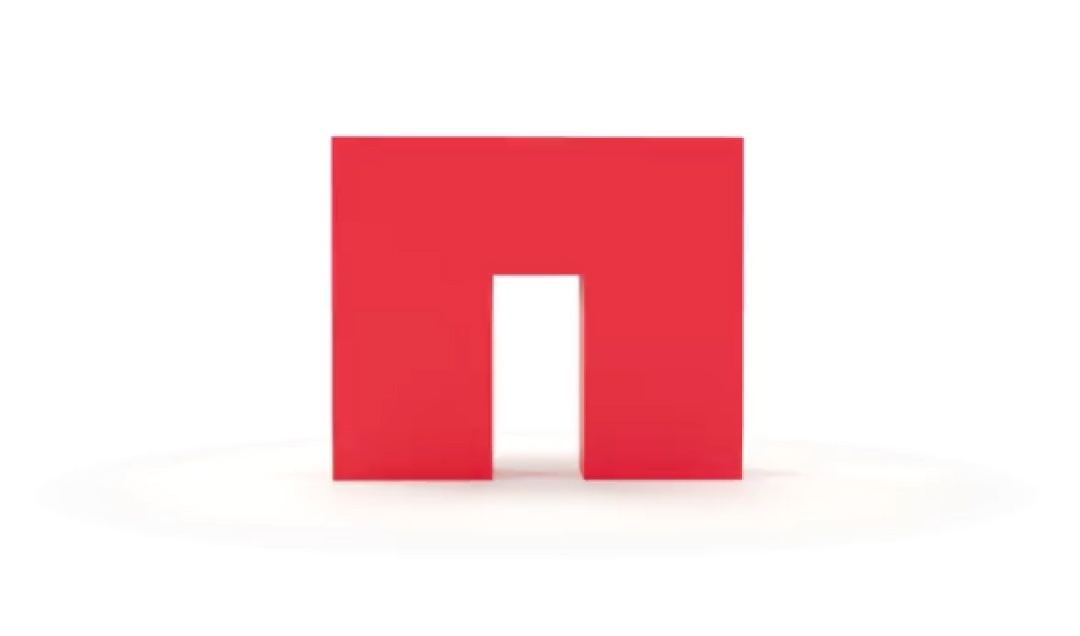The data protection gap: Hard questions for software in automotive

Share this page

Christian Ott
The automotive industry's software development capabilities are advancing rapidly. However, the speed of this development means that data protection capabilities are falling behind, presenting a growing risk to the industry.
The ever-increasing amount of data that manufacturers collect from car owners and drivers pose the question: How well can their current strategies and business practices protect that information? With consumers increasingly prioritizing seamless service and security at scale, automotive data protection is no longer just a concern—it’s a critical deployment.
84% of automotive professionals are concerned that their security practices aren’t keeping up with evolving technologies.
Source: Ericsson, 2021
Protect your data from end to end
With software-defined vehicles, the industry faces a very complex data ecosystem that captures a broad range of different data streams. These streams also cover different subjects, such as passengers and pedestrians, and they may be relevant to numerous stakeholders, from governments to third-party developers.
From location and movement data to personal details and internet usage, the growing volume of valuable, sensitive customer data is leading to a higher risk of attack by malicious actors. That risk makes it even more important for you to know what data is where and to have systems in place to protect, restore, and recover it.
Further complexity results from the number of systems and vendors required to support the infrastructure that's needed to innovate with software-defined vehicles. That number has grown beyond what many IT departments can manage. Part of implementing a successful data protection strategy involves cutting down on this complexity by rationalizing existing systems and managing as much as possible from a single platform.
In addition, automakers must develop ways to back up and secure data at all points along its journey to meet consumers’ privacy concerns. Leaks or exposed assets can significantly damage a company's reputation, as well as put It at risk of intellectual property theft, fraud, or even regulatory fines.
The automotive industry is one of the top ten targets for ransomware attacks.
Source: Auto Service World, 2021
An effective data protection strategy must make sure that data access is monitored—for instance by using a Zero Trust model—and that data can be restored quickly after any corruption or loss to minimize expensive downtime.
To safeguard both internal data and connected consumer information, automakers need to take a proactive approach to make sure that vehicle software data is stored and transferred with the highest possible protection standards. It's also necessary to have backup and recovery plans in place.
42% Lower costs related to data breaches for organizations that employed a Zero Trust approach throughout 2020.
Source: Security Intelligence, 2021
How NetApp can help you
You don’t want to be the one caught out. At NetApp, we specialize in keeping data safe through automatic data classification and anomaly detection based on AI. We can build a Zero Trust framework around your data that enables you to monitor and analyze access patterns, automatically identifying suspicious activities and stopping attacks in real time.
The NetApp® privacy-by-default approach gives you constant control, empowering data privacy and compliance teams and making sure that sensitive data is stored only where it needs to be. With NetApp, you can be sure that your business applications and cloud environments are always privacy ready.
In combination with this front-line protection, we also provide market-leading backup and restore capabilities. Whether it’s in response to hardware failures or data breaches, we can help you make sure that your data is available and that long-term archiving is secure, giving you airtight disaster recovery plans and business continuity. With NetApp, you can keep data in the right hands—always.
Learn more
Find out more about the solutions we offer:
ONTAP® security
Cloud Insight
SnapMirror®
If you’d like to talk about how we can empower your IT security stance and put an end-to-end privacy shield around your data, get in touch. We’ll be happy to talk through your individual challenges and needs.
This is part four in a four-part series on software development in the automotive industry. Check out part one, part two and part three.
Christian Ott
Christian Ott is NetApp’s CTO Industry Solutions. Industry solutions lie at the heart of NetApp’s industry-focused cloud solutions strategy, that empower customers to envision new opportunities and reach their transformation goals, across global industries. These include automotive, financial services, energy, healthcare, life sciences, manufacturing and more. During his 10+ years at NetApp, Chris has held several positions in technical sales and management and was responsible for various customers in the semiconductor, manufacturing and automotive industries. In his free time Chris likes to swim, bike and run but it’s not enough for triathlon, yet.


